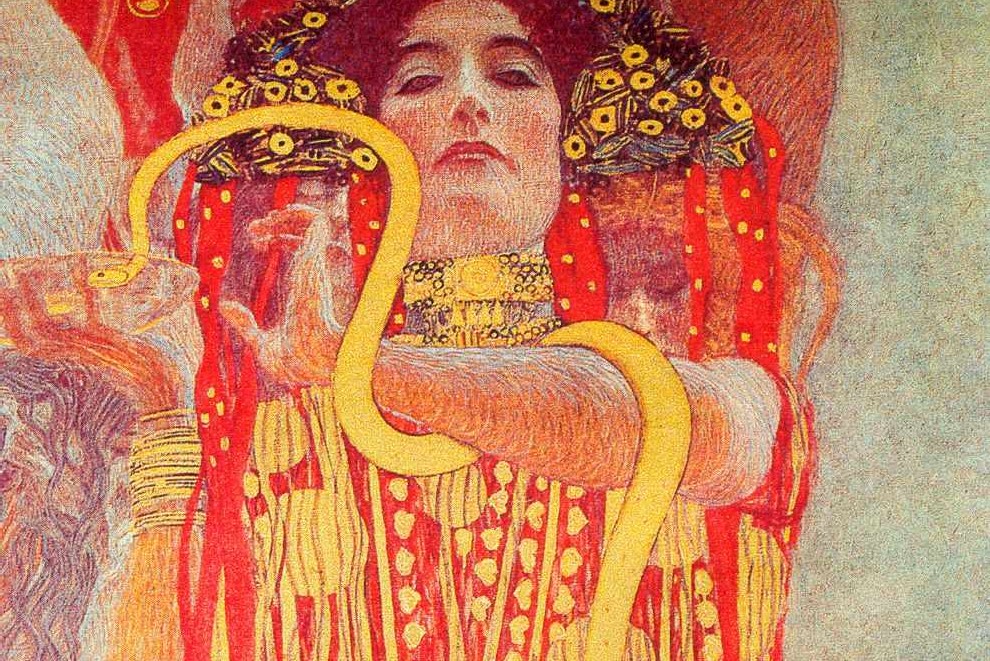
Derrida liked to gleefully disseminate the news that the ancient Greek word for medicine (pharmakon) also means poison. Hearing that over and over in grad school got old quickly. It seemed like one of those nihilistic postmodernist word tricks (yay, you have a Greek dictionary!). But then I learned from Rene Girard that it can also be a scapegoat. Right about that same time, all unbeknownst to me (and you), the pharmaceutical industry was in the process of marketing an opiate epidemic to us.
Now I don’t laugh at Derrida so much anymore. And the industry around February 14th is no laughing matter either:
Today, February 14th, is a very problematic day for many.
For some, it is a day to celebrate a central aspect of their lives and their identity. For others, it highlights an unpleasant division between people and can inadvertently call to mind past wounds and contemporary discomforts.
So, as we collectively mark the Feast Day of Saints Cyril and Methodius – the brothers who developed the first Slavic alphabet, which while of remarkable benefit would also serve as an unfortunate mechanism to divide parts of the Slavic world from the Latin West – let us go about it in a spirit of charity and sympathy.
Note: there is also some sort of secular thing going on tomorrow that apparently involves confectionery, U.S. greeting card behemoth Hallmark, and dinner reservations. The entire thing seems needlessly costly and pointlessly exhausting, even more so on a work day.
I borrow the above from Bradley Jensen Murg who is a renaissance man, economist, political scientist, and chief (sole) writer for the best geopolitical blog on Patheos. He also likes to talk to me about economics. I frequently try not to listen.
Now, I agree with John Milbank that there is much to love about Eastern Christian theology, but the thread Bradley started is too much fun not to continue.
Therefore, I continue piling on with the following passage from Sarah Coakley’s God, Sexuality, and the Self: An Essay “On the Trinity”:
Secondly, one of the later manifestations of this same ‘East’–‘West’ contrast school of trinitarian theology was a certain self-flagellating tendency amongst its ‘Western’ exponents to adulate the ‘Eastern’ trinitarian alternative, as they saw it, and especially to hold it up as an imitable prototype for ecclesial and social relations. And thence was born what came to be called ‘social trinitarianism’. It was argued, for instance, that since the ‘Eastern’ model of the Trinity ‘started from the three and moved to the One’, it presented a vision of ‘persons’ in mutual ‘communion’ which could prove the ideal prototype for a political or church programme set on resisting the destructive individualism of the Enlightenment; whereas the ‘Western’, ‘Augustinian’ model of the Trinity was blamed for being nastily ‘proto-Cartesian’ in its implications in comparison. The ‘West’, it was argued, had already been seduced in Augustine well towards the modern solipsistic sense of selfhood which was later associated with Descartes’ philosophy, and had read it instead on to God in Godself, making God in the image of the modern, individual mind.
She continues, and I like this so much, because Anglicans, and Coakley is one, frequently like to project their theological utopias onto the East:
But this interpretative line of approach was as flawed as the first trend which had spawned it; it sought to project certain anti-‘Enlightenment’ agendas directly into the life of God, thereby unconsciously creating a new idolatrous project of social utopianism while also seriously misreading the Enlightenment figures who had become the new ‘whipping boys’ of this ‘Eastern’ trinitarian project. Ironically, the reading of the Cappadocian fathers which supposedly sustained this vision was itself strangely misleading exegetically.
All kidding aside, if you’d like the most balanced book on the topic of East-West relations then see John Panteleimon Manoussakis’ For the Unity of All: Contributions to the Theological Dialogue between East and West. While you’re at it take a look at my review of his latest book, a philosophy of time.
Stay in touch! Like Cosmos the in Lost on Facebook:
If you were looking for a Valentine’s Day post then see: The Catholic Valentine’s Creepier than 50 Shades
Consider making a donation to this blog through the donation button on the upper right side of its homepage so that we can replace the bald tires on our car.












